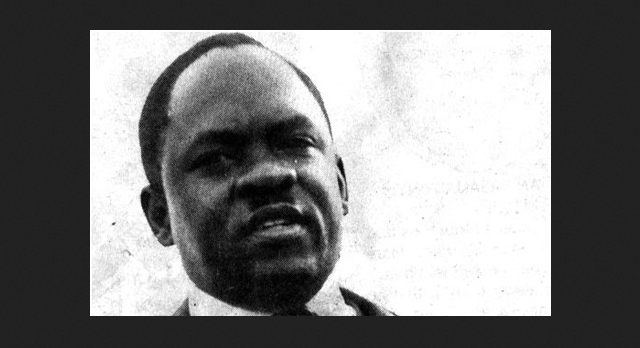
The current politics, where Museveni appoints somebody from the opposition, answers the old question; what is politics?
By: Kavuma Kaggwa
There has been a lot of loose and senseless talk in the Country, especially in Kampala , that because of what happened in the Democratic Party (DP) recently , therefore it is going to collapse.
This kind of talk came about as a result of President Yoweri Museveni recently appointing Mohamed Baswale Kezaala to be an Ambassador in the Office of the President.
Mohamed Baswale Kesaala was, until recently, the National Chairman of the DP. He has now resigned from the post of Chairman.
President Museveni also appointed Nakiwala Kiyingi the Minister for Youth and Children Affairs, and Beti Kamya, Leader of Uganda Federal Alliance, was also appointed Minister for Kampala. All this came after DP lost Matiya Nsubuga Birekerawo who was the Secretary General of the Party, He died suddenly during in December 2016.
I have been a member of Democratic Party from January 9,1960 until today. I have been very instrumental in very many activities and achievements of the Party, both in Uganda and Kenya, especially when we were fighting to wipe out tyrannical rule and consolidate real democracy and the multi-party system as well as to restore the Buganda Kingdom.
I joined DP after the Uganda National Congress had split and collapsed at the end of 1959. As a journalist I moved very closely with then DP leader, Ben Kiwanuka, between 1959 and 1961 to mobilise Ugandans to registered as voters in preparations for the first General Elections in March 1961 .
Ben Kiwanuka’s leadership
In 1958, a young, visionary, and charismatic British-trained lawyer who had acquired external exposure, Benedict Kagimu Mugumba Kiwanuka, took over the leadership of the party. He was unanimously elected at a Delegate’s Conference which was held in Tororo in Eastern Uganda.
Ben Kiwanuka transformed the Democratic Party into a party of all tribes and all regions. That is why the DP leader now is an Acholi, protestant Norbert Mao.
The Democratic Party , since its inception is a party with top leadership which cuts across all the four region of Uganda. For example, if the President General is from the North, then the chairman comes from the East and the Secretary General comes from Buganda and the Treasurer comes from the west.
Ben Kiwanuka straight away launched plans for the Democratic Party to take power at the time of Independence. In March 1961, the Democratic Party won the General Elections and Ben Kiwanuka became the First Prime Minister of Uganda and led Uganda into Internal Self Government which was followed by full Independence on October 9,1962.
Ben Kiwanuka should have continued as Prime Minster at full Independence in October 1962, but because of religious rivalry which was orchestrated by a group of “Mengo Baganda” backed up by Canterbury and the British Government, Ben Kiwanuka, a Catholic and DP, was blocked. That opened the way for Milton Obote, a Protestant and UPC, to take power at the time of full Independence.
DP is a party which has survived many political challenges as well as religious intrigue. It was banned by Prime Minister Obote in 1966 but it was revived in April 1980 at Rubaga Social Centre when the then-President Godfrey Binaisa ordered the resumption of political parties all over the country.
At this meeting which was convened by Paul Semwogerere, Michael Kaggwa and Evaristo Nyanzi to revive the Democratic Party, Paul Kavuma; a former Katikiro of Buganda ordered all the Baganda to join DP. That order made the Party so popular everywhere in Uganda and it won the December 1980 general elections. Unfortunately, Paul Muwanga who was Head of State at that time, awarded victory to UPC/Obote and that led the people of Uganda to launch a Liberation War under NRA from February 1981 to 1986. The Democratic Party secretly recruited more than 10,000 fighters in the war. Again DP won the 1996 general elections but there was rigging and victory went to President Museveni.
 The Independent Uganda: You get the Truth we Pay the Price
The Independent Uganda: You get the Truth we Pay the Price





